Hiring data analysts can be stressful. As the demand for skilled data professionals rises, it’s easy to feel overwhelmed by the prospect of finding the right candidates for your organization. How to hire data scientists is essential to any data analyst recruitment strategy.
But what if we told you there was a way to make the process easier? This guide will discuss the value of working with a data analyst recruitment agency to help you meet your goals, like allowing healthcare organizations to use innovative data management.
Data analyst recruitment agencies expedite hiring by providing access to a network of qualified candidates. Azulity’s provider credentialing services solution helps organizations achieve their objectives by quickly identifying and verifying qualified healthcare data professionals to support their data management initiatives.
Responsibilities of Data Analysts


Data Cleaning and Preparation: The Foundation of Data Analysis
A data analyst’s first job is preparing the data for analysis. Sometimes, data comes in neat. It is often messy and requires much cleaning and preparation before you can even start exploring it. This means filtering the data, dealing with outliers and missing values, removing duplicates, and formatting variables so they are suitable for analysis. These tasks are crucial for ensuring the accuracy and relevance of the dataset before any statistical analyses are conducted.
Data Exploration and Analysis: Getting to Know Your Data
Once the data analyst has prepared the data for analysis, they can begin exploring it for insights. Using statistical tools and techniques, data analysts examine data to identify patterns, relationships, and trends. This process can involve various methods and approaches depending on the nature of the data and the project’s goals. For instance, exploratory data analysis (EDA) is a common first step for understanding a dataset and uncovering initial insights before moving on to more formalized approaches.
Data Visualization: Creating a Story with Data
After discovering insights from data analysis, the next step for data analysts is to visualize the findings. Data visualization visualizes findings through charts, graphs, and dashboards to make the data understandable to technical and non-technical audiences. This process is crucial for communicating complex analytical results in an accessible way.
Reporting: Communicating Insights to Stakeholders
Data analysts prepare reports and presentations to communicate the insights and findings from the data to stakeholders. These communications can help influence policy and decision-making processes. Therefore, data analysts must tailor their messages to their audiences to ensure the information is actionable.
Collaboration: Working with Others to Meet Their Data Needs
Data analysts do not operate in a bubble. They often work with other departments to understand their data needs and help them make informed decisions based on data insights. Analysts might assist with specific projects or help establish data collection processes to improve an organization’s future analysis capabilities.
How to Hire a Data Analyst


1. Leverage Azulity’s Expertise in Data Solutions
Azulity specializes in healthcare master data management and provider credentialing services, bringing proven expertise in implementing healthcare data solutions and credentialing across the US. Their comprehensive platform ensures consistent patient, provider, location, and claims data synchronization across all systems and departments.
Key features include healthcare MDM, provider MDM, reference data management, credentialing, and provider enrollment. Azulity serves healthcare technology leaders from CIOs and CDOs to VPs of data platforms and credentialing, helping them eliminate the costly problems of fragmented data systems. Book a call to learn more about their healthcare master data management services today!
2. Establish a Data Analyst Job Profile
Creating a job profile is essential before writing a data analyst job description. This document will help you identify what the right candidate will look like and streamline your hiring process. Gather the hiring team and relevant stakeholders to determine what objectives hiring a data analyst will help the business achieve, which projects or areas they will work in, and the impact you expect them to make.
Data analysts have varied backgrounds and expertise in different sectors, so try to be as specific as possible when creating your data analyst profile. Based on this profile, you’ll define the requirements, experience, and skills your prospective employee will need. Finally, set a salary level and include benefits, bonuses, and company perks.
3. Write and Publish Your Job Description
Once you’ve created a data analyst profile, it’s time to write and publish a job description. Remember to include:
- An informative job title
- An overview of the role
- An introduction to your company
- Details about working conditions
- Information about the relevant skills, competencies, and experience you require for the role
- Information about compensation, company, benefits, and perks
- Details about the hiring process
Remember to post the job description on LinkedIn, GitHub, TopTal, and DataSpace when you’re ready to publish. You’ll also want to post the job to your employee referral program and careers website.
4. Assess Candidates with a Data Analyst Skills Evaluation
As soon as you publish your job description, applications will pour in. From here, you’ll need to start evaluating applicants. However, assessing every applicant’s resume manually – or even using resume-screening tools – is time-consuming and can lead to biased candidate selection.
Innovative businesses are implementing skills-based hiring practices to find the right candidate and minimize time-to-hire metrics. These involve defining a role’s specific skills and screening candidates based on whether they have those skills. This approach will help you identify the right data analyst candidates from the outset and reduce the time you spend considering applicants who don’t meet your requirements.
To support skills-based hiring practices, you’ll need a robust tool that can help you evaluate candidates’ technical and soft skills. With TestGorilla, you’ll find it easy to start creating skills assessments for your data analyst candidates to ensure they fit your profile.
5. Review Skills Assessment Results
After all your candidates have completed the assessment, you can begin analyzing the results and identifying which candidates to interview. TestGorilla ranks your candidates from high to low to make this process more efficient based on their average scores. Additionally, since an assessment comprises several tests, our analysis provides granular insights to help you judge which elements or areas are most important.
Finally, you can summarize each candidate’s evaluation by assigning them a final star rating and recording your notes. From here, you’re ready to narrow the list of candidates who will move on to the interview process.
6. Develop Interview Questions and Schedule Interviews
After you analyze the skills assessment results and identify a shortlist of applicants best suited for your data analyst role, you’ll need to prepare interview questions to help you glean more information about each candidate. To help you further evaluate candidates’ knowledge, experience, and skills, here are six data analyst interview questions you could ask during interviews.
What are the different types of hypothesis testing? Candidates should be able to relay the two main types of hypothesis testing that can accept or reject statistical hypotheses. The first is a null hypothesis, meaning no relation or statistical significance exists between data sets or variables. The second is an alternative hypothesis, which means that there is some relation between sets of data or variables.
What are the different types of sampling techniques used by data analysts? Candidates should be able to name the sampling techniques used to select, manipulate, and analyze a subset of data points to reveal meaningful insights. Candidates should mention the following sampling methods:
- Simple random sampling
- Cluster sampling
- Stratified sampling
- Systematic sampling
- Judgmental or purposive sampling
Related Reading
- Scrum Master Roles and Responsibilities
- What to Look for When Hiring a Project Manager
- Solution Architect Roles and Responsibilities
- How to Hire a Project Manager
- Project Executive vs Project Manager
- Mistakes to Avoid When Hiring Developers
- What to Ask When Hiring a Data Scientist
14 Best Data Analyst Recruitment Agency
1. Azulity: Specialized Healthcare Data Recruitment
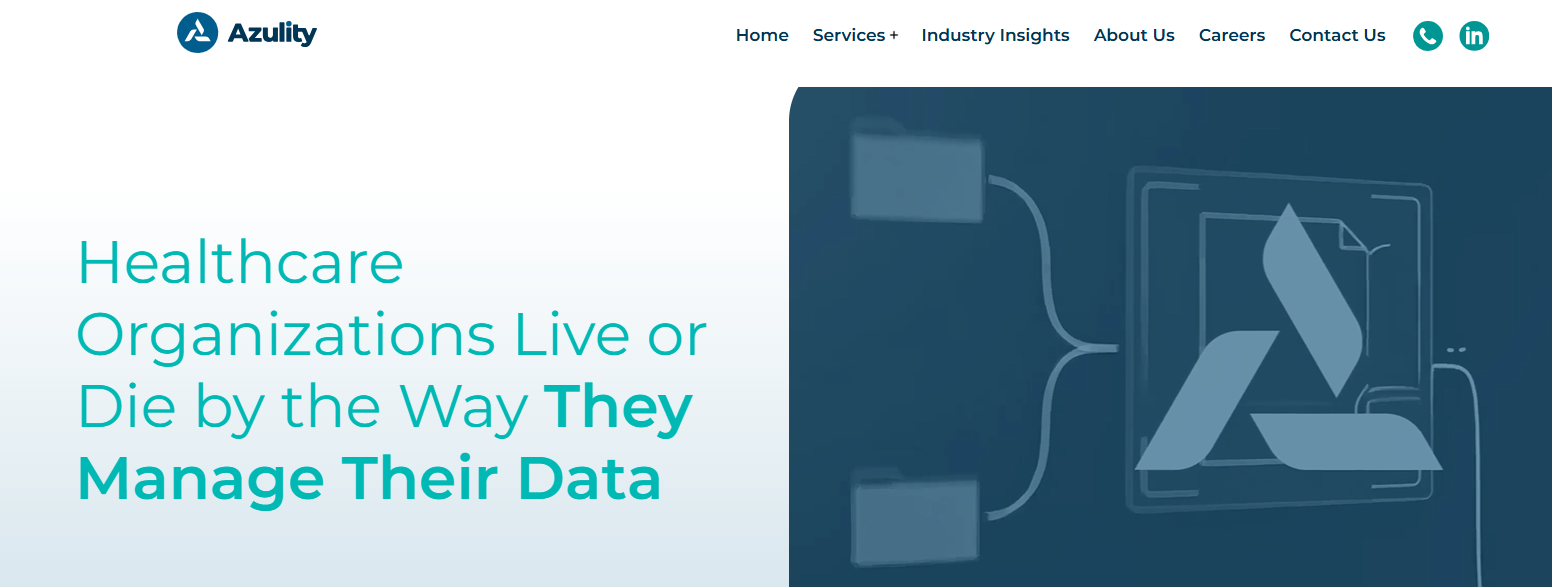

Azulity focuses on providing recruitment services for healthcare data management and provider credentialing. The agency helps healthcare organizations hire data analysts and scientists who can assist with fragmented data systems that are common in the industry.
2. Harnham: The Go-To Agency for Data and Analytics Recruitment
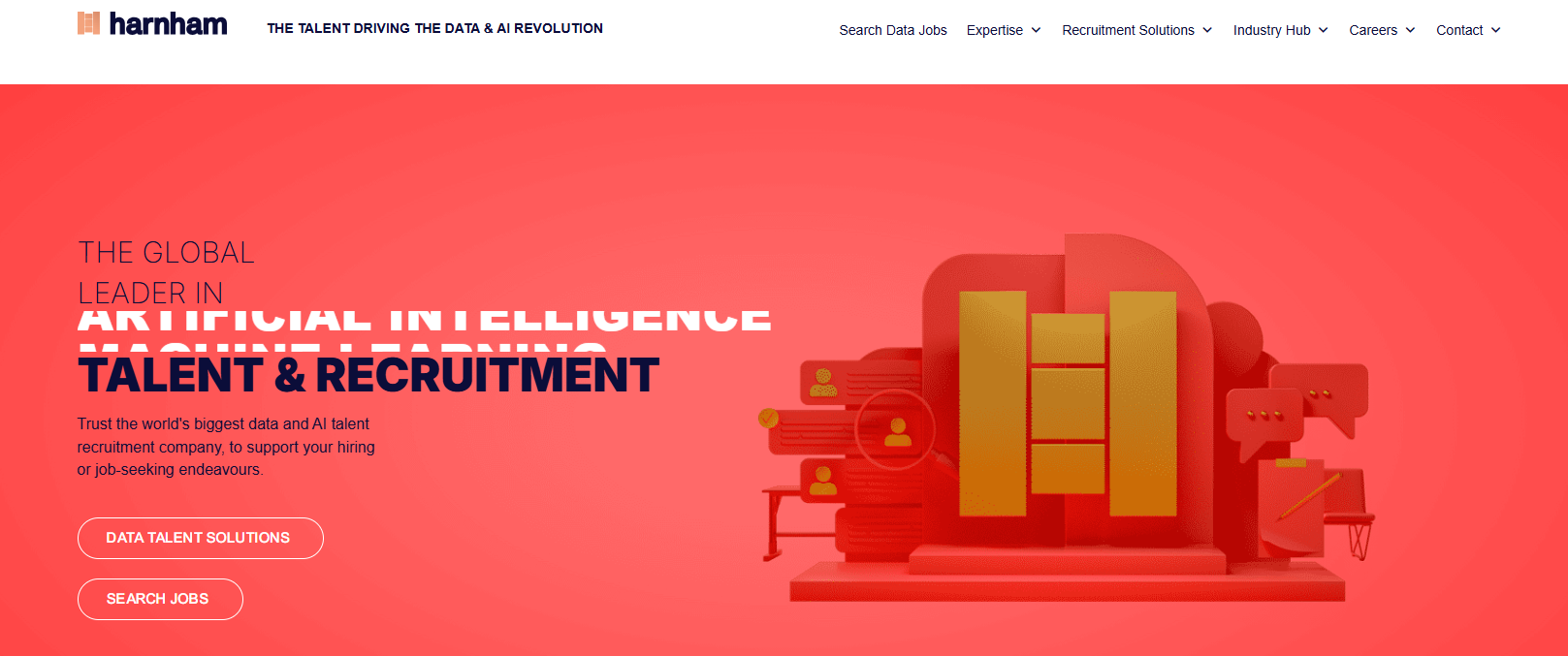

Harnham has positioned itself as one of the leading recruitment agencies for data and analytics roles. With a dedicated focus on this niche, it has developed an in-depth understanding of the data analytics market.
It offers recruitment services across various disciplines within the field, including data science, data engineering, and more targeted roles like marketing and insight analytics.
3. Nexus IT: Fast Data Science Recruitment


Nexus IT Group is an IT staffing agency founded by seasoned recruiters specializing in data science recruitment. Known for its expedited hiring process, it caters to the tech industry’s swiftly shifting needs.
Leveraging its extensive network of data science professionals, Nexus IT Group provides access to a diverse pool of candidates, from entry-level data analysts to senior data scientists and chief data officers. The agency’s foundation is based on the idea that job searches should be simple, educational, engaging, and fun.
Beyond recruitment, Nexus IT Group offers ongoing support to ensure successful placements. They assist with onboarding, provide career development resources, and maintain strong relationships with clients and candidates to foster long-term success.
4. Burtch Works: Unmatched Salary Data for Recruitment
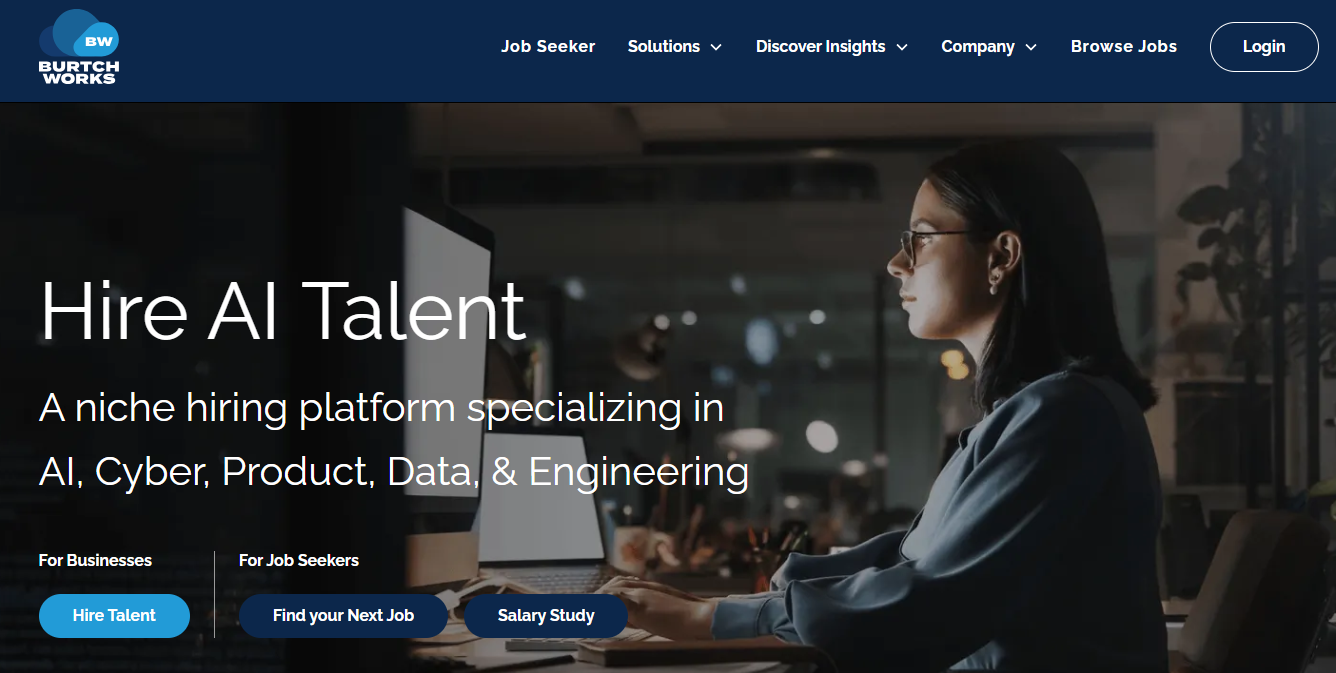

Burtch Works is notable for its annual salary survey reports, which have become an industry benchmark for compensation data in analytics and data science roles.
Known for its meticulous approach to matching strong candidates with the company culture and job requirements, Burtch Works also offers a personalized experience that often leads to successful long-term placements.
5. Big Cloud: Personalized Data Recruitment Solutions
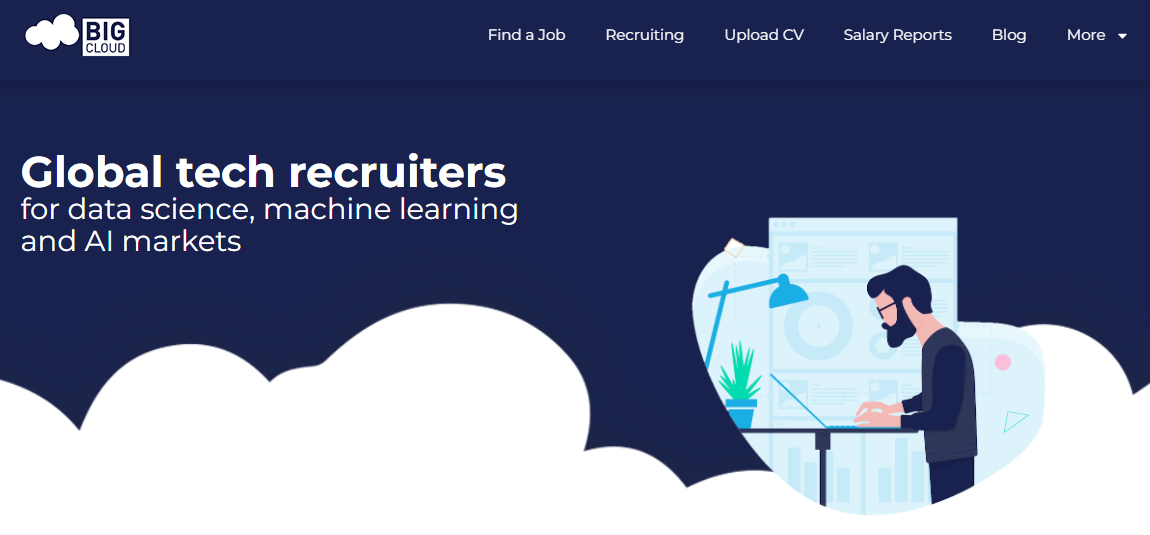

Big Cloud is a recruitment agency focusing on data science, machine learning, and AI roles. Based in Manchester, UK, it caters to clients across Europe and connects them with top-tier data talent.
Big Cloud’s highly personalized approach ensures that each client receives tailored recruitment solutions. They work closely with companies to understand their specific requirements and organizational culture, enabling them to find candidates with the necessary skills and fit well within the company.
6. IQVIA: Life Sciences Data Recruitment
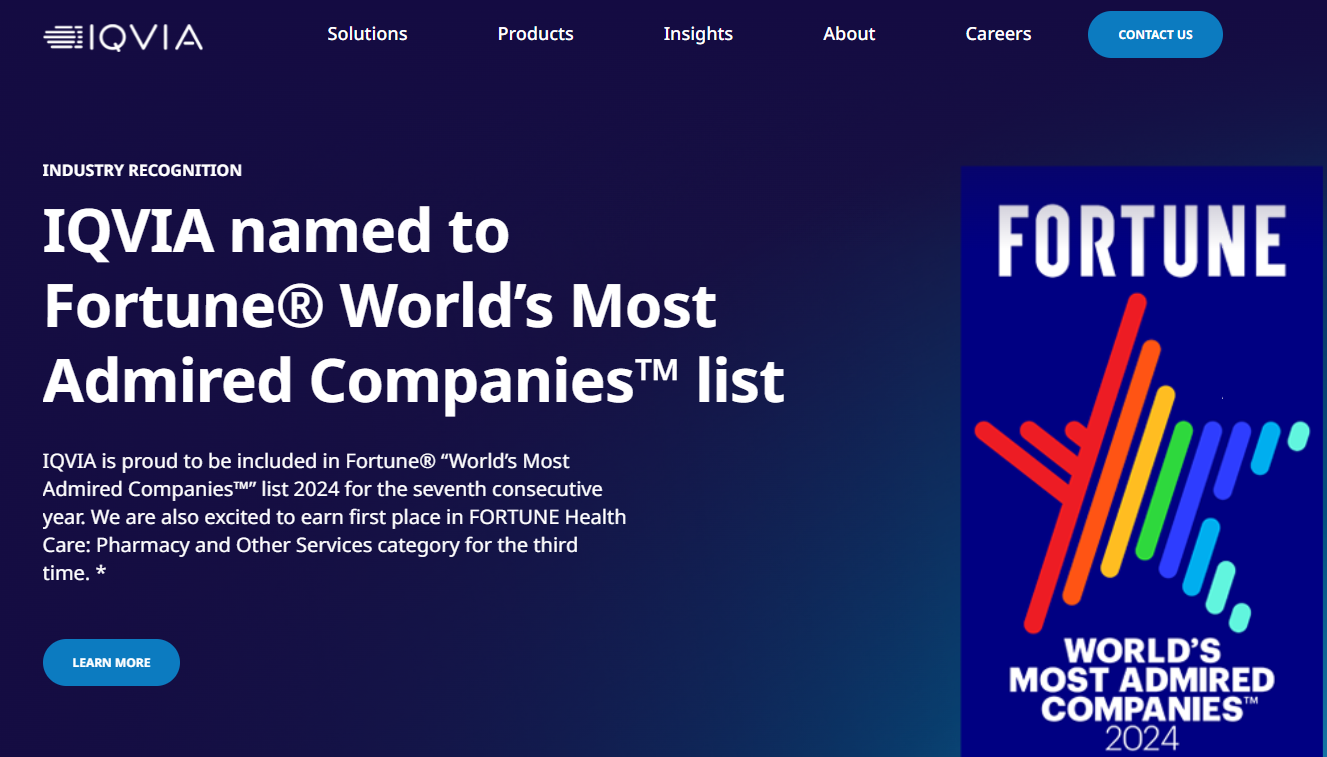

Although not strictly a recruitment agency, IQVIA specializes in the life sciences sector, providing data-driven solutions and analytics services. Its recruitment division is adept at identifying and attracting talent who can navigate the complexities of clinical data, regulatory environments, and the specific needs of the healthcare industry.
This firm offers talent solutions that include recruitment but also extend to staffing, functional service providers, and comprehensive managed services.
7. Decide Consulting: Targeted IT and Data Science Recruitment


Decide Consulting specializes in IT and data science recruitment and is known for its focused staffing approach. With offices in Houston, Texas, they serve clients globally, offering tailored recruitment solutions to meet businesses’ needs. Decide Consulting leverages proprietary tools to identify candidates with the right blend of technical and problem-solving skills, ensuring a perfect fit for their clients.
8. Kforce: Reliable Data Analytics Staffing Solutions
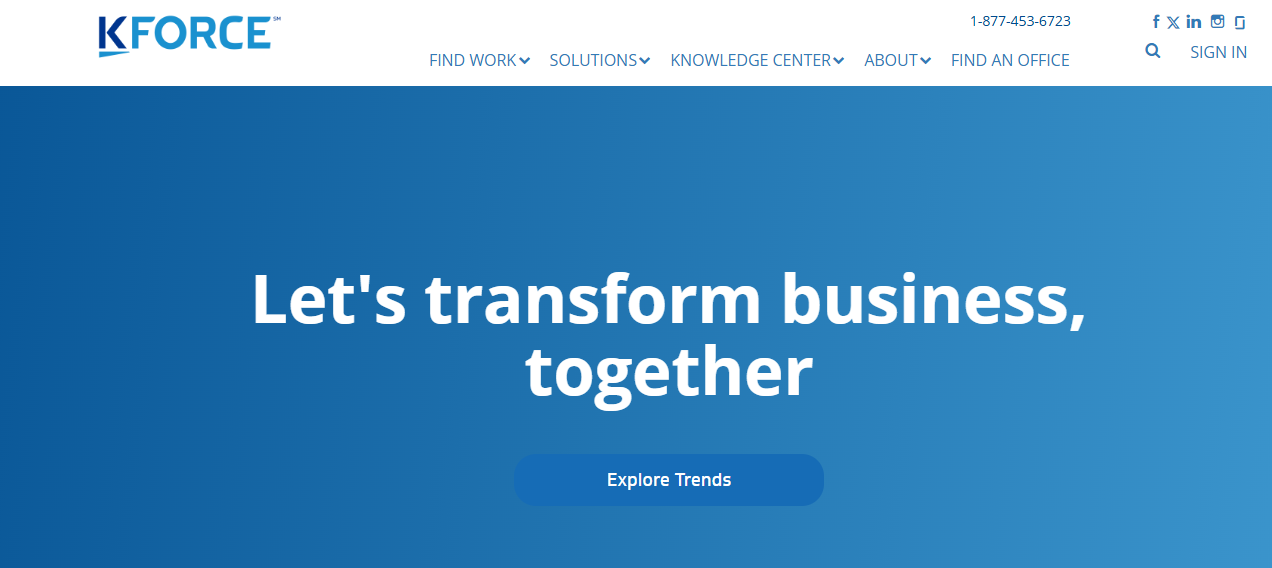

Kforce is a professional staffing agency with a robust technology division and a strong reputation in the data analytics space.
The agency leverages a national network to meet the local needs of its clients, providing both temporary and permanent staffing solutions. Additionally, Kforce invests in technology and innovation, utilizing data-driven strategies to streamline recruitment and enhance the fit between candidates and employers.
9. Acara Solutions: Tailored Data Science Talent Acquisition
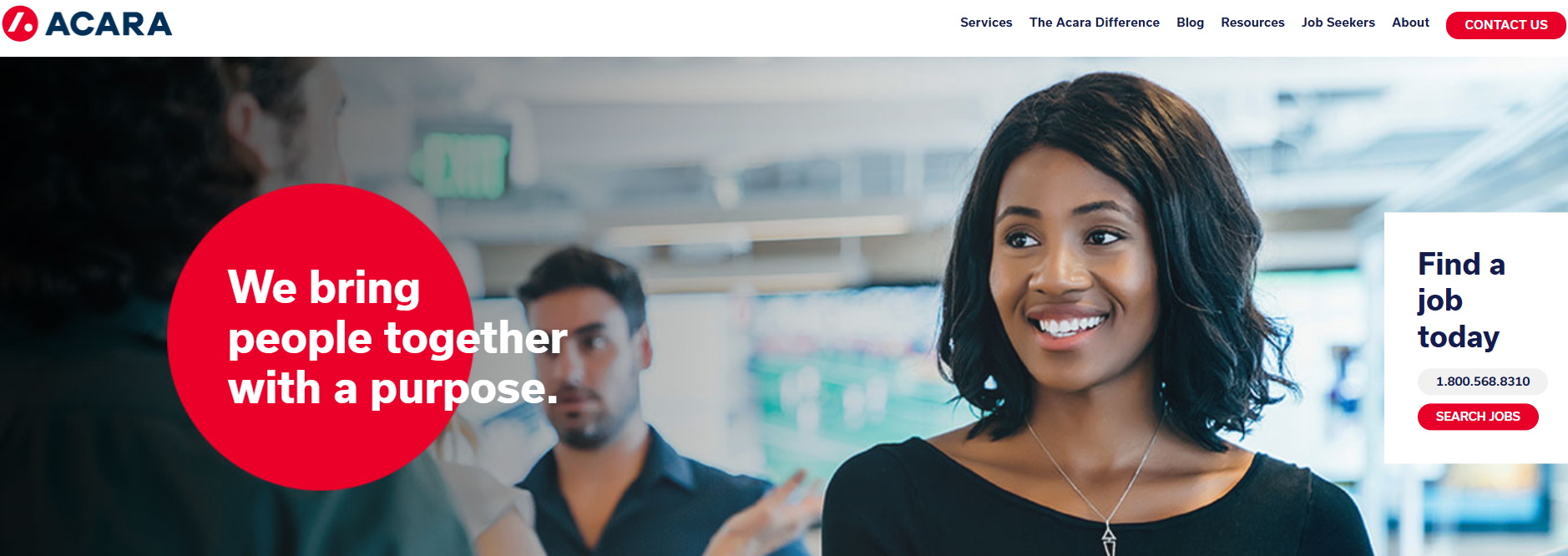

Acara is a data science recruitment agency that provides specialized talent solutions to meet the growing demand for data-driven professionals. With a rich legacy of experience across various industries globally, Acara partners with clients, attentively listening to their needs and customizing visionary talent solutions that drive desired business outcomes. Leveraging decades of expertise, Acara delivers various services worldwide, including contingent staffing, direct placement, executive search, employer branding, and workforce services.
They value their employees, encourage them to succeed, and reward their positive efforts. Their actions are defined by honesty, integrity, fairness, equality, dignity, diversity, and individuality.
10. Smith Hanley Associates: Executive Recruitment for Analytics


Smith Hanley Associates is a specialized executive recruitment agency focusing on quantitative sectors, including data science and analytics.
It specializes in filling high-level leadership positions but can also be a valuable resource for key positions like data engineers, data architects, and senior-level data analysts.
Having been in business for over 40 years, it’s developed significant expertise and strong relationships with candidates and clients in the competitive fields it serves.
11. CyberCoders: Data Recruitment Driven by Technology
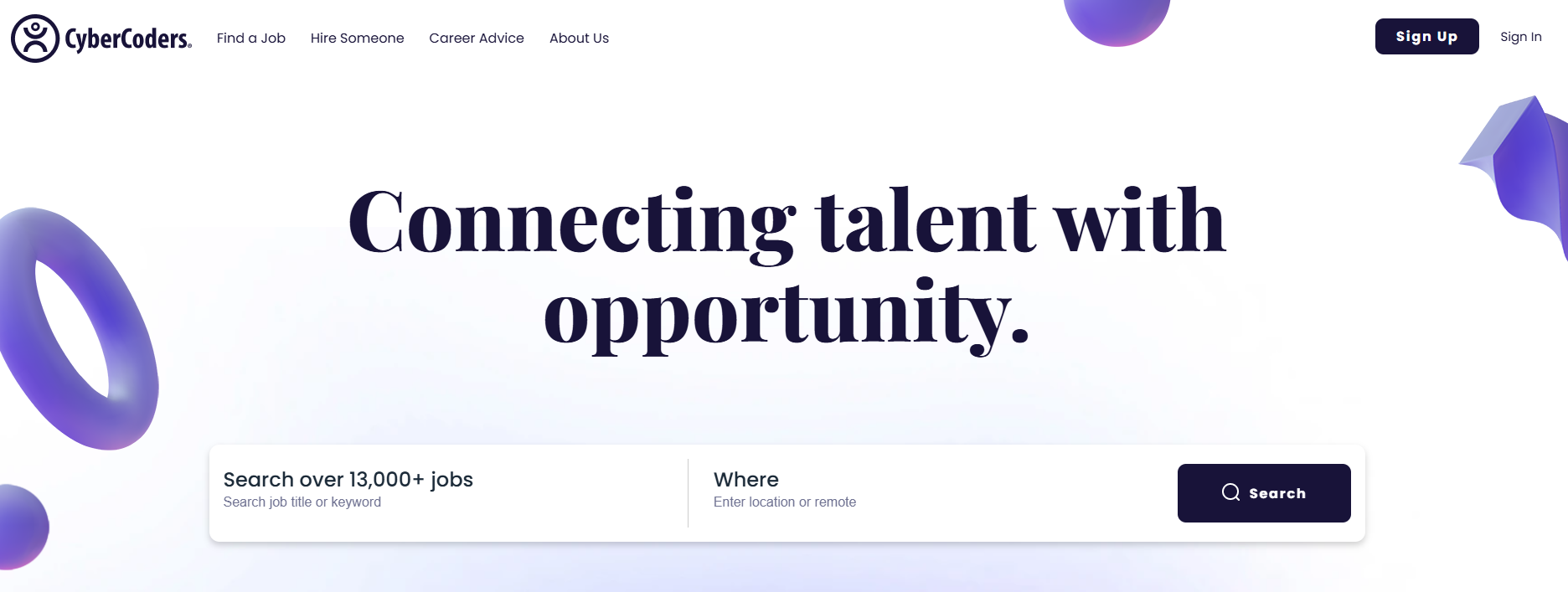

CyberCoders is a tech-driven staffing firm that uses a proprietary technology platform to match skilled professionals with companies seeking talent. It focuses on precision in recruitment and works across various technical and engineering sectors, including data analytics.
CyberCoders often pursue passive candidates who may not be actively looking for work but are open to new opportunities, which can be a strong asset in the competitive analytics talent market.
12. Akkodis: Global Data Recruitment Solutions
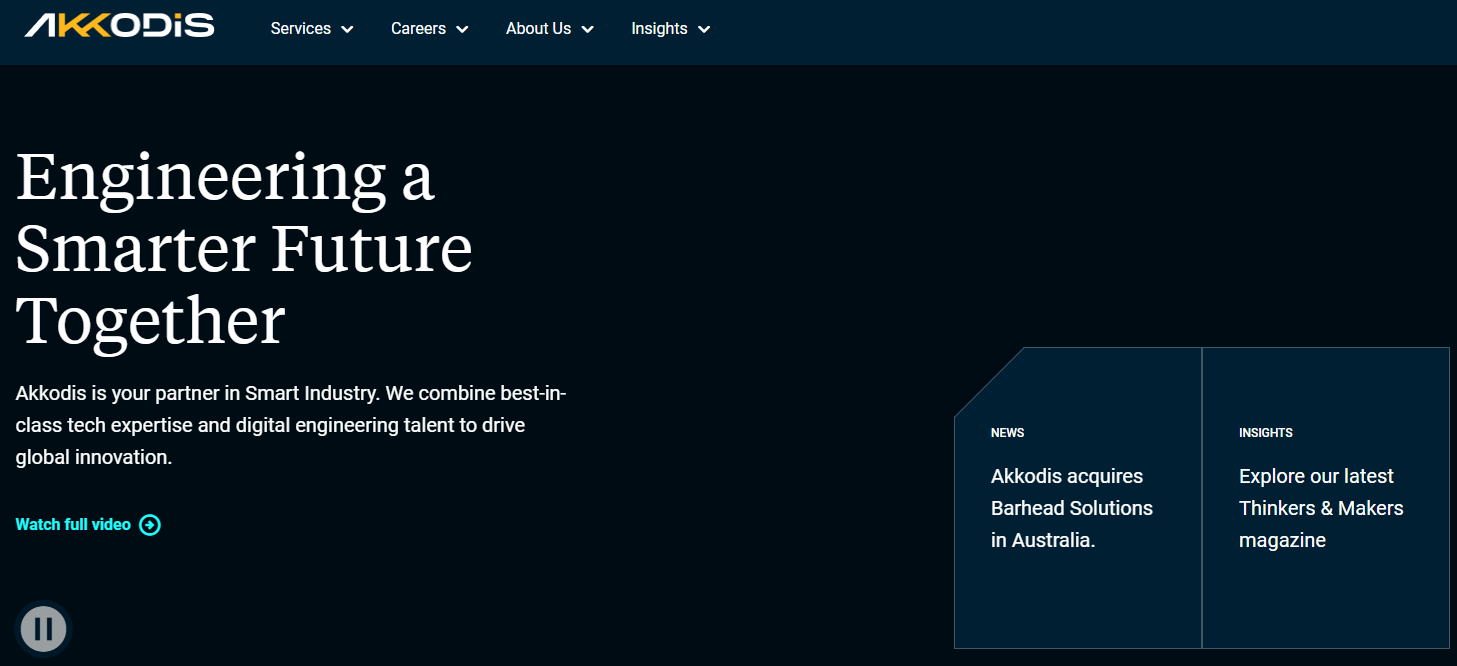

Akkodis (formerly Modis) is part of the Adecco Group and is known for its focus on IT and engineering roles. It has developed a specialty wing for data analysts and other professionals in the data science spectrum.
Because of its large parent company, Akkodis combines local market knowledge with global resources, providing a balanced approach to recruitment.
13. Jefferson Frank: Cloud Data Recruitment
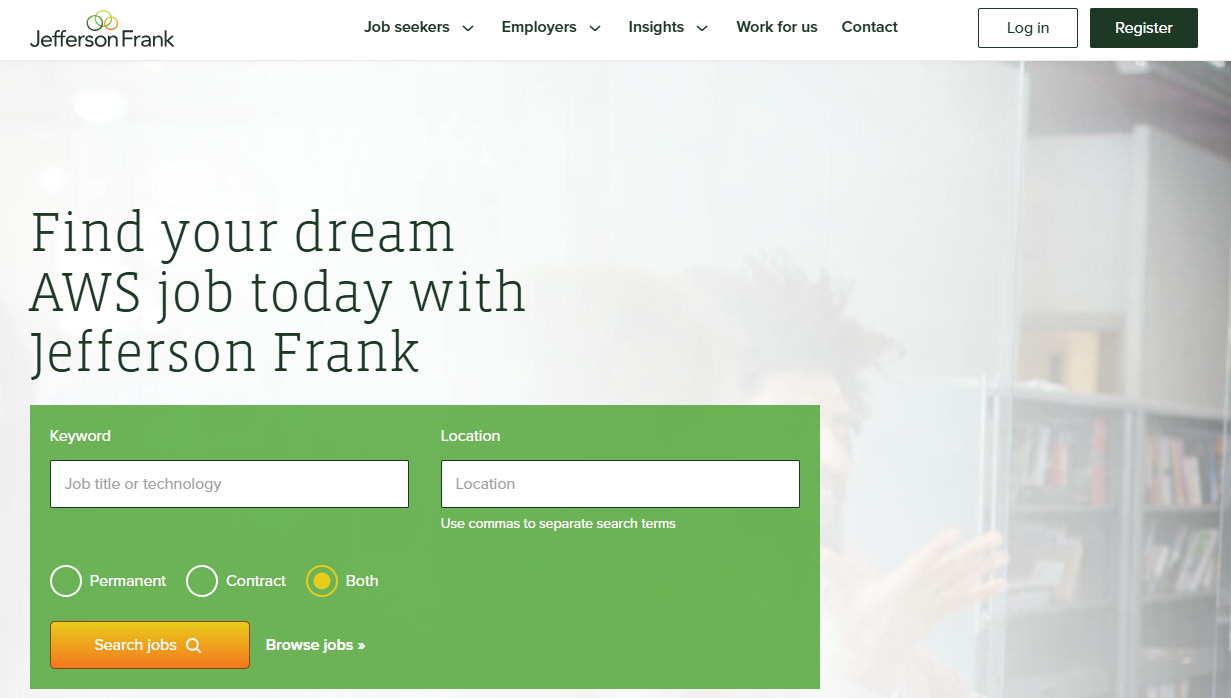

Jefferson Frank specializes in recruiting for cloud technologies, particularly Amazon Web Services (AWS) professionals. It fills many vacancies for AWS roles, including those involving data and analytics, like AWS data analysts and prominent data architects.
This agency’s niche focus on AWS makes it stand out as the recruitment agency of choice for companies using AWS cloud infrastructure, which demands unique skills and knowledge.
14. Insight Global: Large-Scale Staffing Solutions for Data Jobs
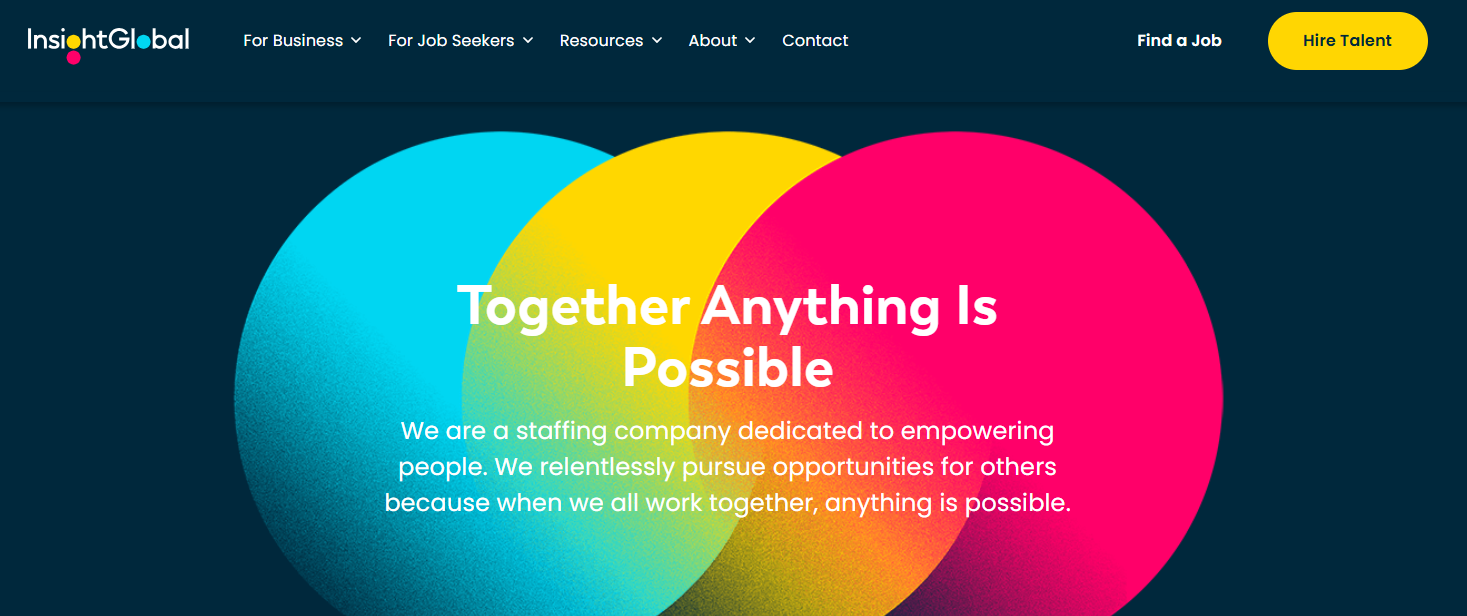

Insight Global is an ample staffing and services company that provides a broad range of recruitment solutions, including placement for data analytics positions.
It has a reputation for high-touch, relationship-centered service. It takes an empathetic approach to staffing and recruitment by focusing on understanding candidates’ and clients’ needs, goals, and cultural fit.
Where to Find Data Analysts for Hiring


Hiring data analysts can be done through various channels depending on your budget, timeline, and the level of expertise you need. Here’s a breakdown of the best places to find qualified data analysts:
1. Job Boards and Platforms
General Job Boards
Platforms like LinkedIn, Indeed, and Glassdoor allow you to post job listings and search for candidates actively seeking roles.
Tech-Specific Job Boards
Platforms like Dice, AngelList (for startups), and Turing are great for finding tech talent, including data analysts.
2. Freelance Platforms
For short-term or project-based needs, consider freelance marketplaces:
- Upwork (upwork.com)
- Toptal (toptal.com) (for pre-vetted high-quality freelancers)
- Fiverr (fiverr.com)
3. Networking and Referrals
Professional Networks
Tap into professional associations like the International Association for Statistical Education (IASE) or local meetups.
Referrals
Ask within your network or company for recommendations. Employees can often refer strong candidates.
4. Academic Institutions
University Career Centers
Partner with universities that offer data science, statistics, or analytics programs.
Internship Programs
Offer internships or entry-level positions to fresh graduates.
5. Social Media and Online Communities
LinkedIn Groups
Join and post in groups like “Data Science Central” or “Analytics Vidhya.”
Reddit Communities
Post in subreddits like r/datascience or r/forhire to find candidates.
Slack/Discord Communities
Engage with communities like DataTalks.Club or local data science groups.
6. Recruitment Agencies
Use specialized agencies like Robert Half, Hays, or Michael Page with expertise in tech talent acquisition.
7. Hackathons and Competitions
Platforms like Kaggle and Topcoder host competitions for data analysis, which can help identify skilled analysts.
8. Internal Talent Development
Upskill your current employees with training in data analysis tools like Python, R, SQL, and Tableau.
Azulity specializes in healthcare master data management and provider credentialing services, bringing proven expertise in implementing healthcare data solutions and credentialing across the US. Our comprehensive platform ensures consistent patient, provider, location, and claims data synchronization across all systems and departments.
Key features include healthcare MDM, provider MDM, reference data management, credentialing, and provider enrollment. We serve healthcare technology leaders – from CIOs and CDOs to VPs of data platforms and credentialing – helping them eliminate the costly problems of fragmented data systems. Book a call to learn more about our healthcare master data management services today!
Related Reading
- Questions to Ask When Hiring a Programmer
- Hiring Dedicated Developers vs In-House Developers: What Is Better?
- Scrum Master vs Project Manager
- How to Hire a Software Developer
- Data Architect Vs Data Engineer
- How to Hire Programmers for a Startup
- Quality Analyst Interview Questions
- Data Architect Roles and Responsibilities
- Data Analyst Skills Needed
- Skills Required for Project Manager
- Quality Analyst Skills
- Data Architect Skills
Book a Call to Learn More About Our Provider Credentialing Services
Azulity excels in healthcare master data management and provider credentialing services. We bring proven expertise in implementing healthcare data solutions and credentialing across the US. Our comprehensive platform ensures consistent patient, provider, location, and claims data synchronization across all systems and departments.
Key features include healthcare MDM, provider MDM, reference data management, credentialing, and provider enrollment. We serve healthcare technology leaders, from CIOs and CDOs to VPs of data platforms, and we provide credentialing to help them eliminate the costly problems of fragmented data systems. Book a call to learn more about our healthcare master data management services today!
